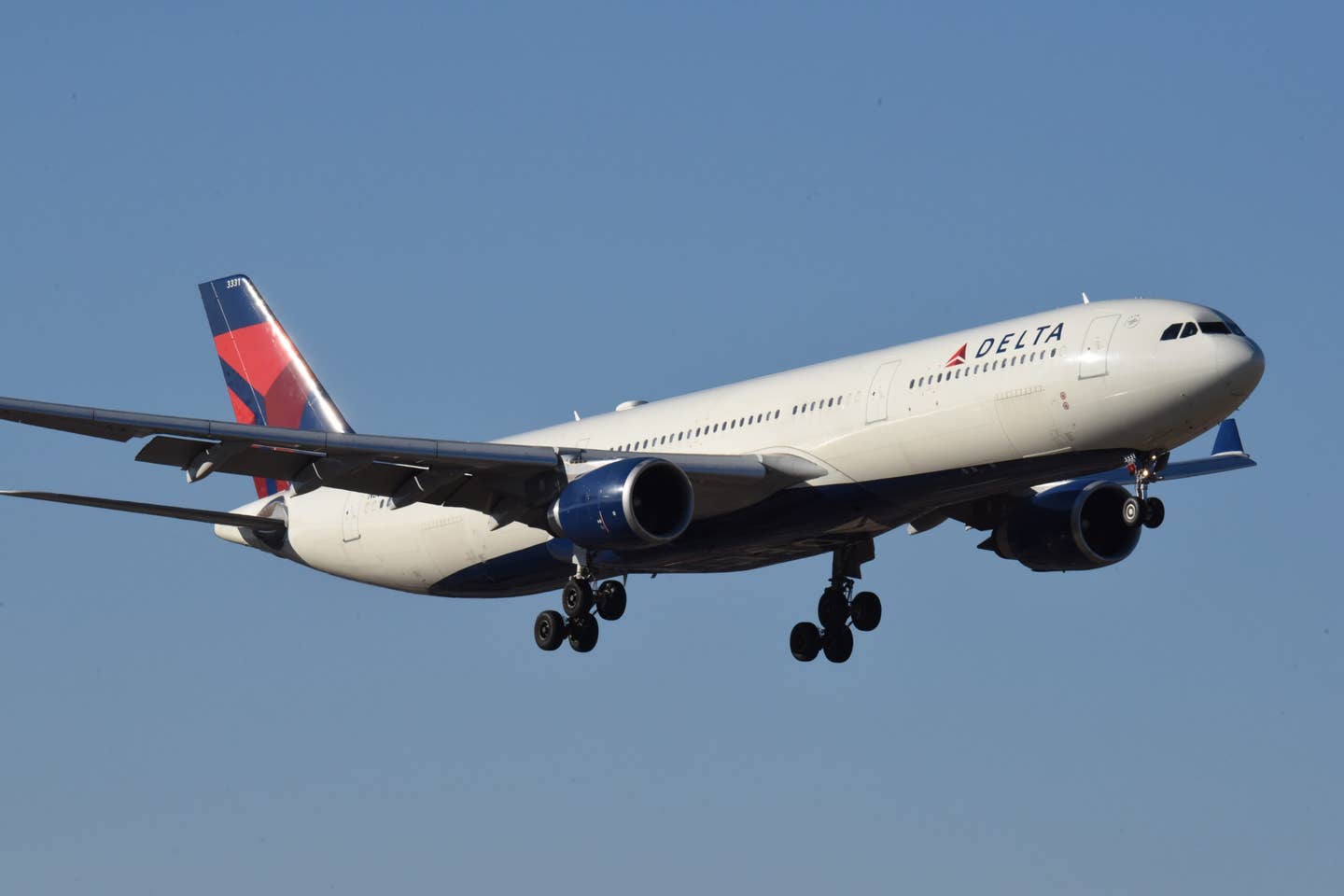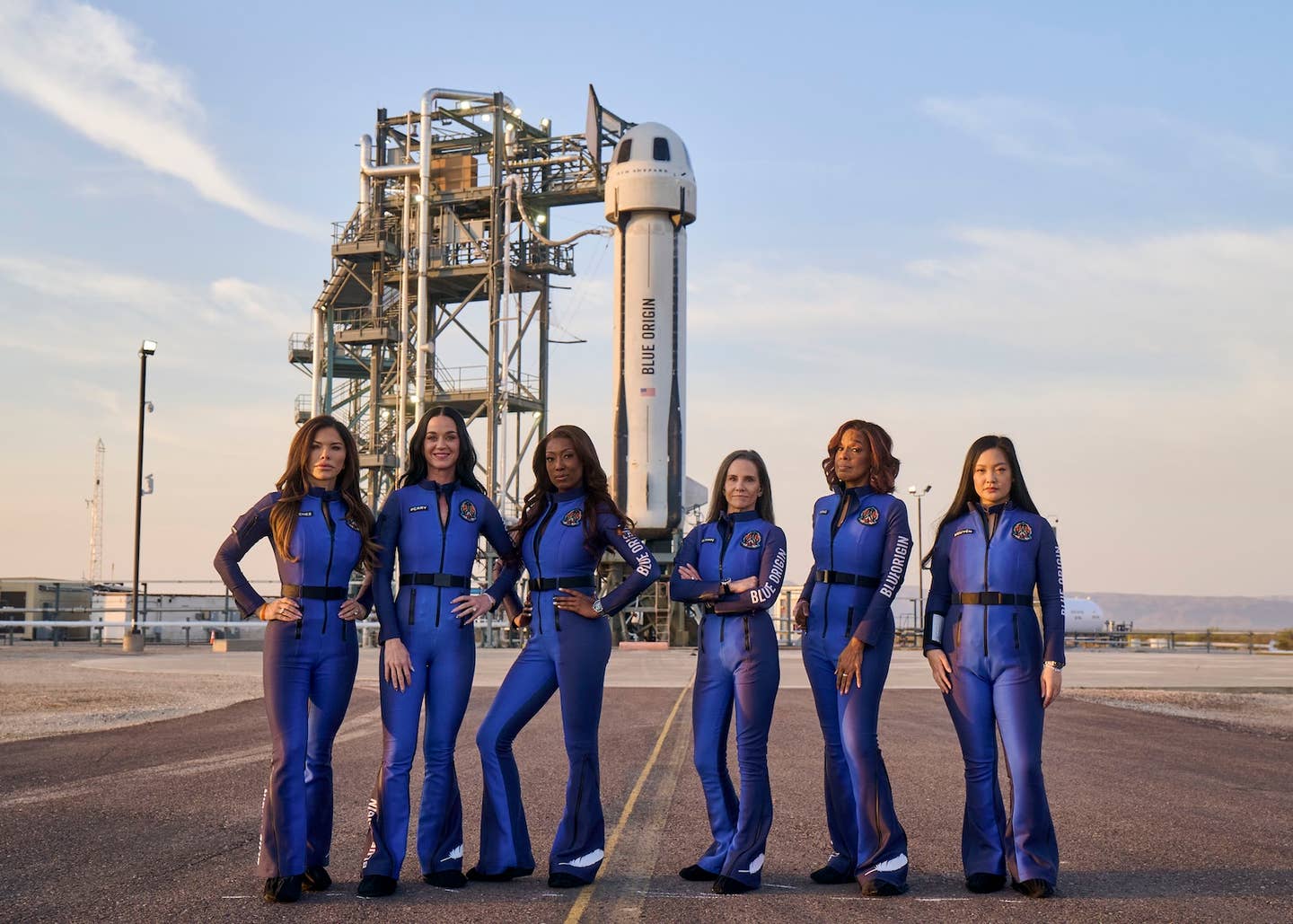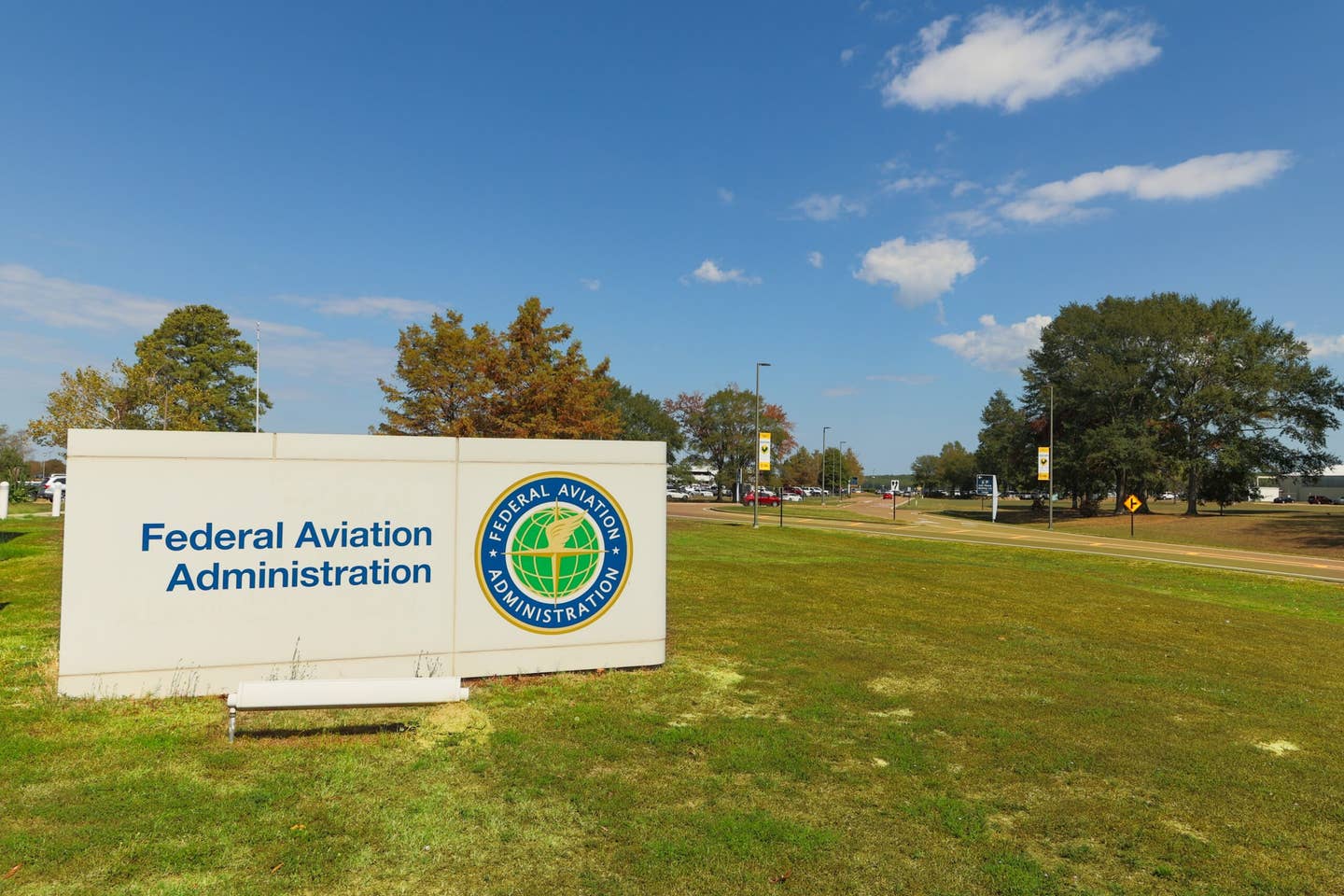Delta Air Lines Partners with Airbus on Hydrogen-Powered Aircraft
Delta Air Lines has agreed to become the first U.S. carrier to collaborate with Airbus on research and development of hydrogen-powered aircraft.

The announcement is part of Delta’s goal of reaching net-zero carbon emissions by 2050. [File Image: Thom Patterson]
Delta Air Lines (NYSE: DAL) has agreed to become the first U.S. carrier to collaborate with Airbus on research and development of hydrogen-powered aircraft.
The announcement dovetails with the Atlanta-based airline’s goals to reach net-zero carbon emissions by 2050 and Airbus’ plan to use an Airbus A380 to test a hydrogen-engine demonstrator.
Delta says it plans to work with Airbus to “accelerate the development of a hydrogen-powered aircraft and the ecosystem it requires.”
“To pull the future of sustainable aviation forward, we need to accelerate the development and commercialization of potentially disruptive technologies,” said a statement Thursday from Pam Fletcher, Delta’s chief sustainability officer. “Hydrogen fuel is an exciting concept that has the potential to redefine the status quo. These tangible steps lay the groundwork for the next generation of aviation.”
Delta’s memorandum of understanding with Airbus also includes studying requirements for a hydrogen ecosystem that the industry would need to make the transition from jet-A to hydrogen fuel.
Aircraft Concept
Airbus has said any zero-emissions aircraft that would come out of Airbus’ research wouldn’t enter service until 2035, at the earliest.
Delta’s plans include “exploring the technical and economic viability of hydrogen-fueled aircraft, identifying the pathway for introduction into Delta’s fleet and operations, as well as the aircraft’s potential performance in Delta’s fleet,” the company’s statement said. The carrier also intends to identify “challenges such as flight range limits, refueling time and airport compatibility.”
Hydrogen Ecosystem
Developing the ecosystem and surrounding infrastructure to support wide-scale use of liquid hydrogen as an aviation fuel would be a challenging hurdle. Airbus has already launched significant collaborations with Air Liquide, Vinci Airports, Groupe ADP, and Plug Power in the U.S.
To become a viable fuel source, hydrogen production, storage, and delivery would all have to be scaled up. Also, not all hydrogen production methods are fully green. Transforming the global hydrogen fuel ecosystem to be entirely “eco-friendly” would involve building new production facilities.
Net Zero by 2050
Last year, Delta pledged to reach net zero by 2050 as part of the United Nations Race to Zero Campaign.
Globally, the aviation industry produces about 2.1 percent of all “human-induced” carbon dioxide emissions, according to the Air Transport Action Group.
Industry leaders say alternative fuels, such as sustainable aviation fuel (SAF), will play a significant role in achieving aviation emissions targets. Burning SAF—which is made from sustainable materials such as cooking oil, plant oils, agricultural residues, and municipal waste—emits significantly less greenhouse gas emissions than fossil fuels.
Technology has helped clean up the industry somewhat since the birth of the jet age. Jet aircraft in service today are more than 80 percent more fuel efficient per seat kilometer than the initial wave of jet aircraft produced in the 1960s.

Sign-up for newsletters & special offers!
Get the latest FLYING stories & special offers delivered directly to your inbox






